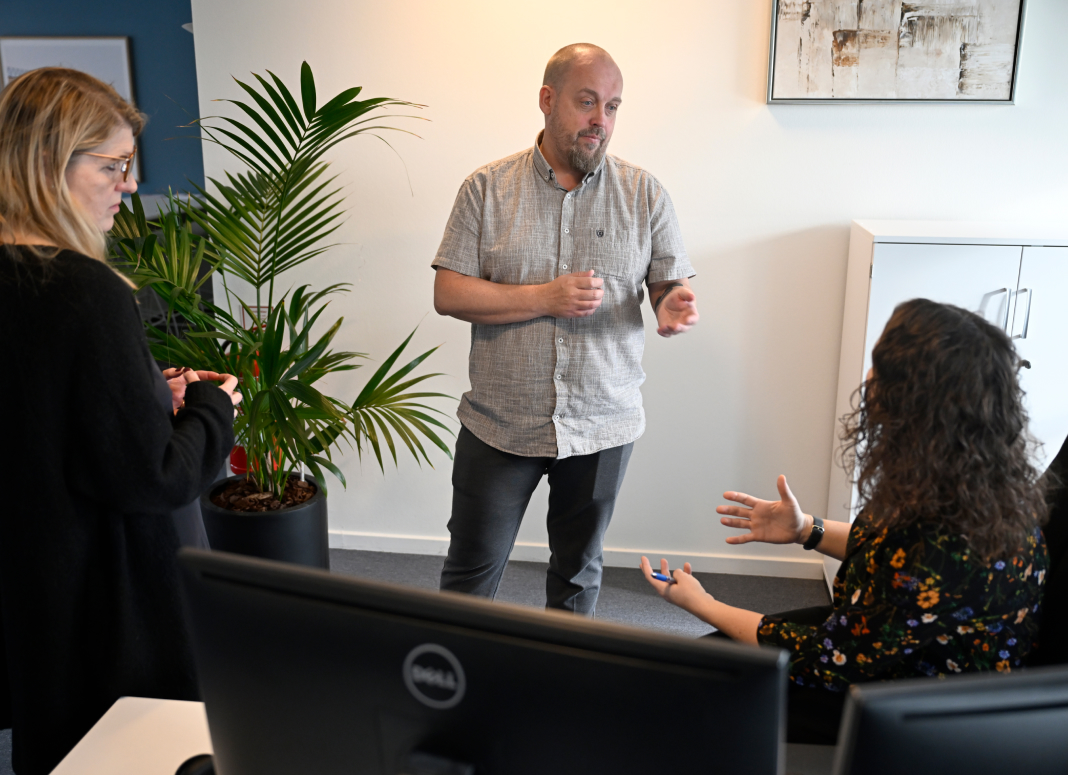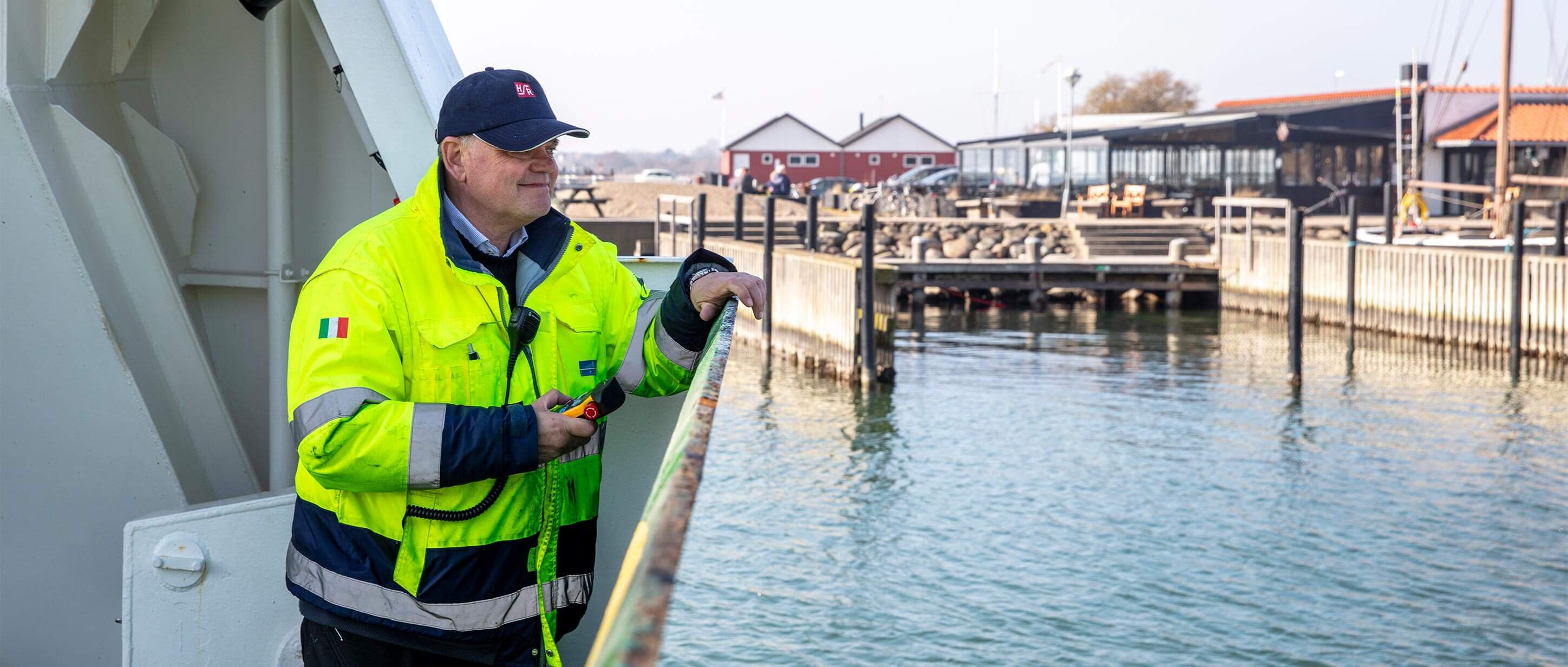The Danish Parliament has adopted a number of amendments to the Workers' Compensation Act, which, among other things, are intended to simplify case processing through Labour Market Insurance (AES), thereby shortening the processing time.
The Workers' Compensation Act is facing a number of changes that will be implemented during 2024. The law was passed on 1 January this year, but some of the new measures will come into force throughout the year, with Monday 1 July as the big cut-off date.
The changes are based on a reform that a united Danish parliament agreed on in 2022. The previous law dates from 2004 and although it has been amended continuously, it was gradually going out of date.
The reform should therefore primarily be viewed as a result of the fact that the past many years has seen a tendency for the treatment of occupational injuries at Labour Market Insurance (AES) to be protracted.
This is not only because AES has been busy (partly due to Covid, which caused an extraordinary number of workplace injuries), in many cases AES has also been waiting for the municipal case processing.
»That is why we have initiated a collaboration with a social worker so that we can strengthen the dialogue with the municipalities that handle cases of seafarers on sick leave while under clarification. We are continuously strengthening this work with the influx of healthcare and other staff after the outsourcing to Sedgwick, and through efforts we make to act proactively,« Master of Law Frederik Nielsen from Sedgwick Denmark comments.
With the reform, the aim is to simplify a significant part of the casework for precisely those decisions whose outcome depends on the municipal authorities and where the seafarer is in the process.
In the future, it will be easier to determine the value of the injured person in these cases, which, to put it bluntly, is the figure on which compensation is calculated if the injured party cannot return to the labor market and earn the same as before the injury, i.e. the loss of earning capacity.
In addition, the framework on which the loss of earning capacity itself is determined will also be broader – and thus, all other things being equal, more difficult to question for all parties to the case.
As another important element, the entities (primarily doctors and municipalities) from which AES obtains information could now be fined if they do not respond in due time.
»From UFDS' perspective, we are very much looking forward to these changes and not least the prospect of hopefully reducing case processing times at AES.«
Frederik Nielsen, Master of Law, Sedgwick Danmark
Looking forward to alterations
The new rules also place a greater limit on how many times a case can be reopened and when this can happen. This is primarily to limit cases where the injured party (who has the right to have a case reopened) appeals the case without a factual reason for this that can be attributed to the work-related injury.
The Act also states that a party wishing to take a case to court must first have exercised its right of appeal in AES – and thus have given the Danish Appeals Board (AST) an opportunity to hear the case before a lawsuit can be brought. At the same time, a limit of six months following a decision by AST is introduced for suing, which is a significant tightening of the current rules.
»All this should be seen in the light of the fact that being injured and having a case pending with the authorities is almost always an extra burden for the injured party. In addition to being injured, he or she also has to deal with a municipal process with sick leave, job internships, clarification – and often a severely hindered personal economy creating doubts about the future,« Frederik Nielsen says.
The basis for the new rules is a very clearly formulated desire to retain the injured person in the labor market – both for the sake of the individual employee, but also from a socio-economic perspective. In short, a procedure is expensive for everyone, both financially and, not least, humanly for the person who has been injured.

Therefore, the new rules also give the authorities the opportunity to offer the injured party a training course that can retrain him or her for another profession. This is underscored by a somewhat higher compensation during the four years during which the injured party can be awarded the so-called training allowance.
The award of compensation presupposes that the injured party is unlikely to be able to return to his og her previous profession or another profession with equivalent earnings and that the training is aimed at a profession where there is a shortage of labor. At the same time, the injured person must have a permanent injury of at least 10 percent.
A significant effect of the new rules is that it is now clearly established that the so-called self-insured entities – primarily municipalities and regions – going forward will have the same opportunities to help injured parties as the private insurance companies, namely, to cover various expenses that would otherwise not be covered if you "only" had to follow the law.
»From UFDS' perspective, we are very much looking forward to these changes and not least the prospect of hopefully reducing case processing times at AES, which have been unacceptably long for years. We are also excited to see how the education allowance will function in praxis,« Frederik Nielsen says.







